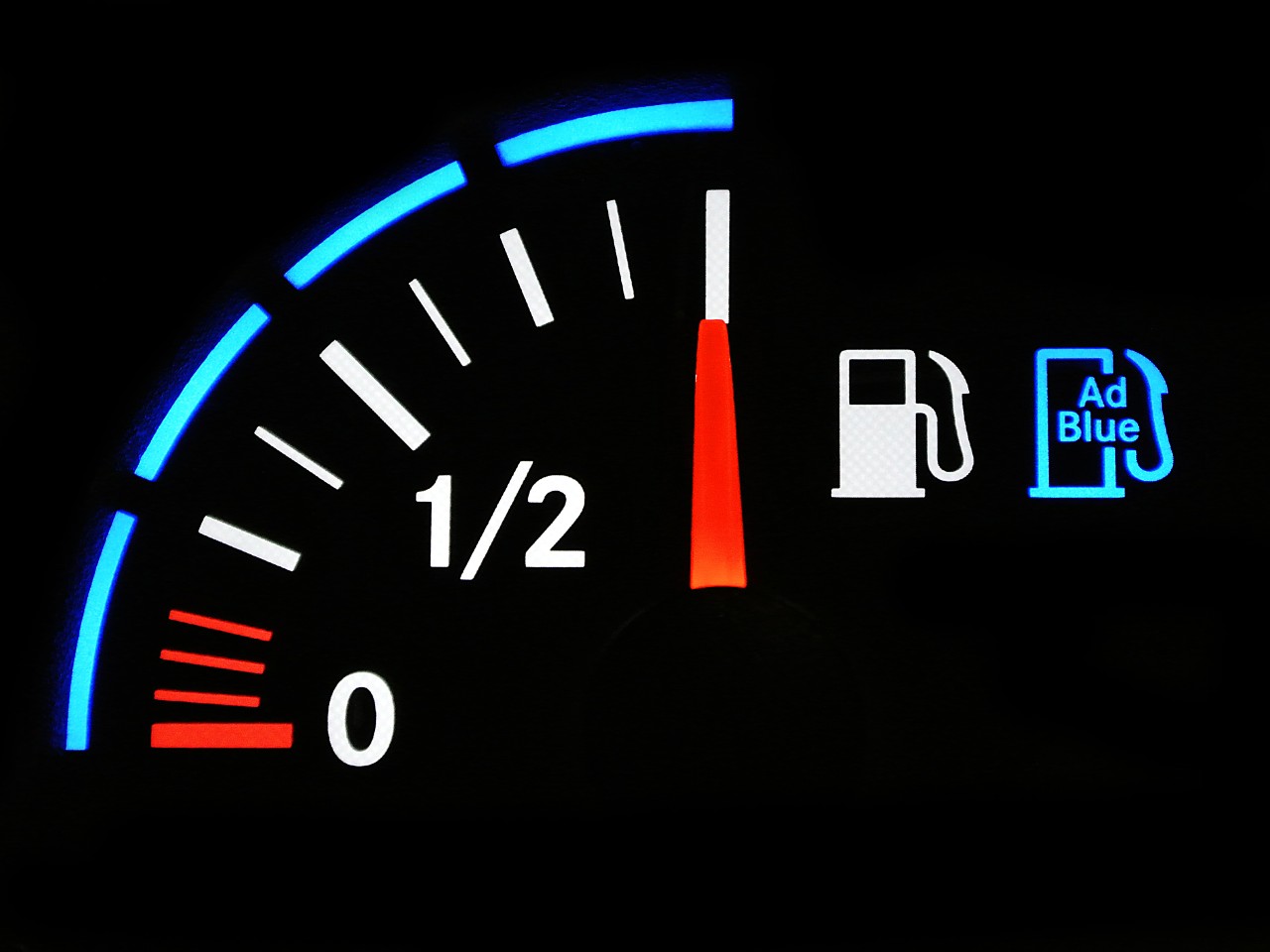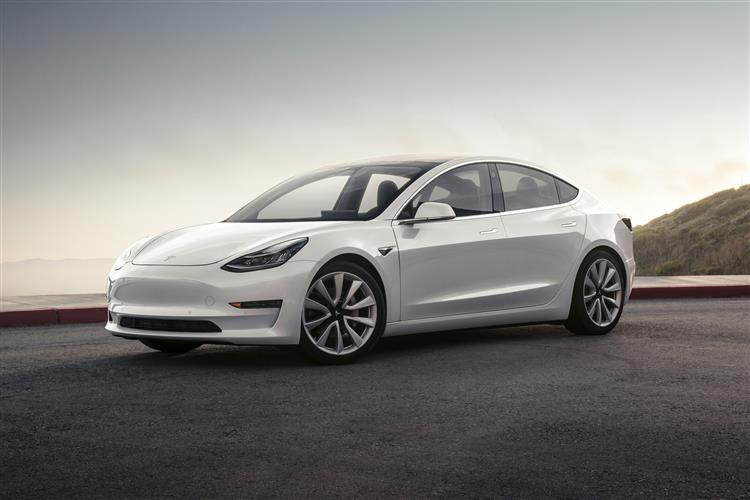What is AdBlue? Good question. You might have heard it’s a fuel additive and assumed it’s a fuel economy thing. It isn’t. You might even have heard it’s made from pig’s wee. It isn’t that, either. Phew. Imagine the smell. You might also have assumed it’s actually blue. A natural assumption to make, but… again, it isn’t.
So What Is AdBlue, Then?
It’s an exhaust fluid for diesel cars. AdBlue is a brand name for a liquid mixture of deionised water and carbamide, AKA urea, which is basically the main component of urine. Hence the idea that AdBlue is pig wee. Thankfully, AdBlue isn’t made by collecting pig or indeed human waste donations. It’s entirely man-made… man-made in the sense that it’s created in a lab, not man-made in the sense that… never mind. Anyway, it’s completely non-toxic and is made using high-grade urea and the purest of water.
Is AdBlue A Fuel Additive?
It is not. Although the AdBlue spout in a car is almost always next to the fuel spout under the filler flap (if not, check under the bonnet or consult your manual), AdBlue is held in a separate tank, usually under the boot floor. AdBlue never mixes with your diesel fuel.
Why Do Cars Use AdBlue?
AdBlue is an exhaust fluid that’s used to reduce harmful tailpipe emissions in cars, vans, buses and lorries powered by diesel; petrol-powered vehicles do not use AdBlue. It’s designed to reduce harmful nitrous oxides (NOx) that are specific to diesel engines, by neutralising them before they get into the air. NOx emissions are a nasty pollutant that contribute to human lung disease and deteriorating air quality.
How Does AdBlue Work?
It works using a process called ‘selective catalytic reduction’, in which a precisely regulated amount of AdBlue is sprayed into the exhaust gasses from a separate tank in your car. At high temperature AdBlue separates into ammonia and CO2, which reacts with the NOx in the exhaust system and turns it into nitrogen and water – both harmless.
AdBlue Seems To Be A Recent Thing In Cars. Why Is That?
AdBlue has been used in buses and HGVs for years now, but increasingly strict emissions regulations for cars and vans have made manufacturers add it to their passenger vehicles. The latest Euro 6 emissions standards, which apply to every new car produced from September 2014 onwards, require that far fewer NOx emissions leave the tailpipe of a diesel car. AdBlue is an effective way of lowering NOx emissions without adding too much cost and complexity to the vehicle.
How Do I Know If My Car Uses AdBlue?
If it’s a modern diesel (produced from 2014 or later), there’s a very good chance it uses AdBlue. An obvious giveaway is the blue-capped AdBlue spout under your fuel filler flap. If there isn’t one there but you still think your car uses AdBlue, check under the bonnet for a spout there, or consult your manual.
Will My Car Still Work If The AdBlue Runs Out?
Nope. Not properly, anyway. All cars fitted with AdBlue have a sensor that detects when it’s running low, and a warning on the dashboard will give you plenty of time (and miles) to sort it out. If you procrastinate and let the tank run dry, your car will go into limp mode, restricting the speed you can do and sometimes even switching off comfort functions like the air conditioning and heated seats. You won’t be able to turn the engine back on again until you’ve refilled the AdBlue tank. Usually you’ll need at least 5 litres of the stuff before your car will start again.
Should I Go Out And Buy Some AdBlue Now Then?
There’s probably no need if you’ve not seen a warning light to tell you your AdBlue is running low. You’ll usually have more than 1000 miles left in your AdBlue tank when your warning light first comes on, so plenty of time. AdBlue use varies from car to car, but most cars have at least a 10-litre AdBlue tank and a litre of the stuff should last 500-600 miles. AdBlue is topped up as a matter of course during servicing, so there’s a good chance you’ll never need to do it yourself.
But What If I Do Need To Top It Up – Where Do I Get It And How Much Does It Cost?
Most fuel stations sell bottles of AdBlue or you can get it online. As with fuel there are plenty of brands, but it doesn’t really matter which you use so long as it meets the ISO standard. Specifically, look for a code starting ‘ISO 22241’ on the bottle. This guarantees it meets quality and safety standards, and therefore won’t damage your SCR catalyst. A pricey repair.
Expect to pay somewhere between £1 and £1.50 per litre of AdBlue, which tends to be sold in bottles of 5 or 10 litres. You’ll pay a little more to have your dealer do it. You could also use an AdBlue pump at a filling station, though these tend to be in the HGV lane at service stations.
If I Don’t Use My Car Very Often, Can The AdBlue Go Bad?
Not really, no. Good quality ISO-standard AdBlue is very chemically pure and can sit in your tank for a good while without any problems. Unless you’re planning on declaring your car SORN for years (off the road, that is), you needn’t worry about your AdBlue going stale.
I’ve Heard That AdBlue Can Impact Fuel Economy, Is That True?
Honestly, it’s a bit of an unknown, but it’s more than likely not the case. Because modern diesel engines are designed to run with AdBlue, it’s difficult to say how the technology is impacting efficiency. We will say that diesel engines are becoming more efficient and cleaner in general though, so AdBlue isn’t something to worry about.
For more on cars take a look at our wide range of helpful guides and reviews and, while you're here – why not browse our car leasing deals.




